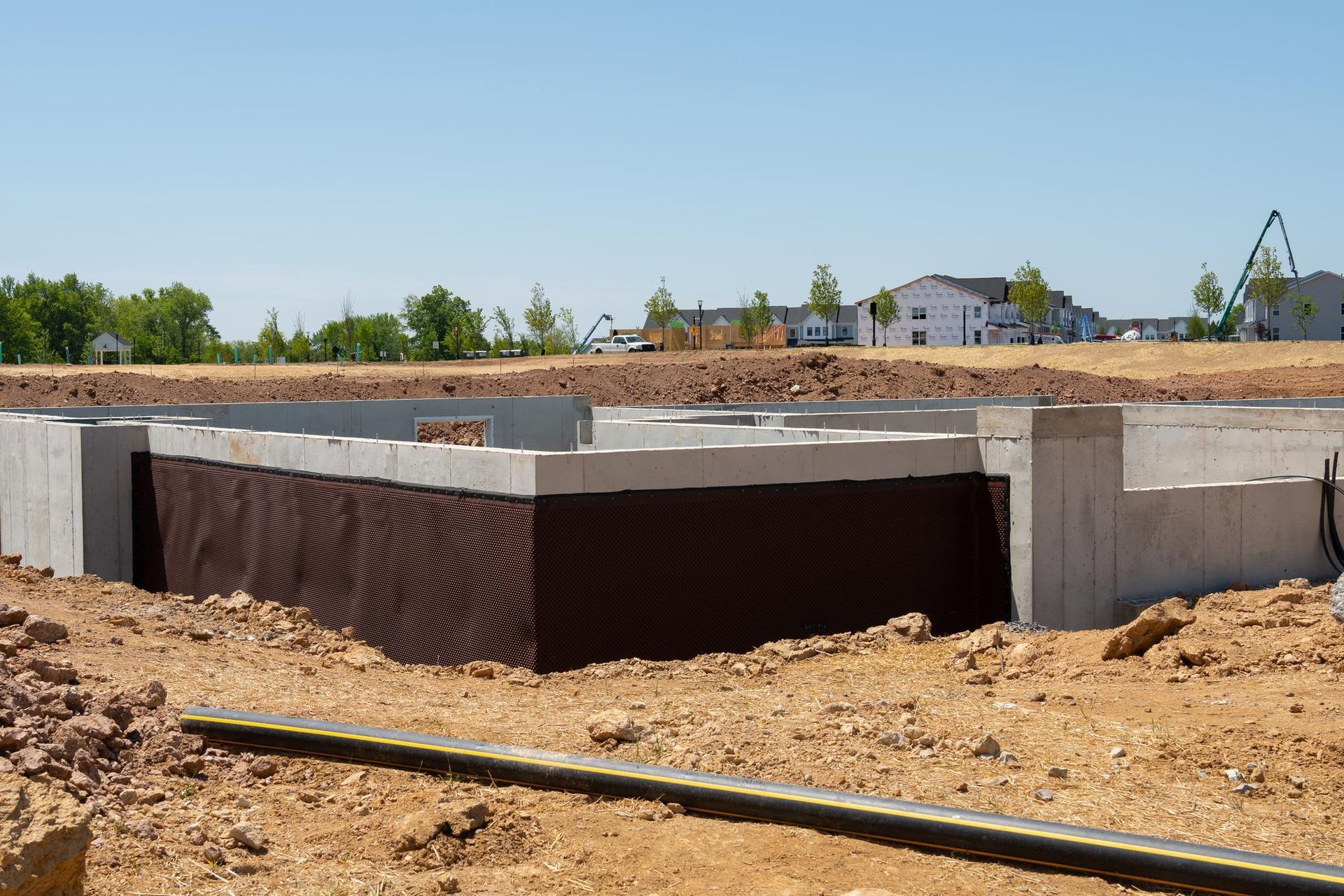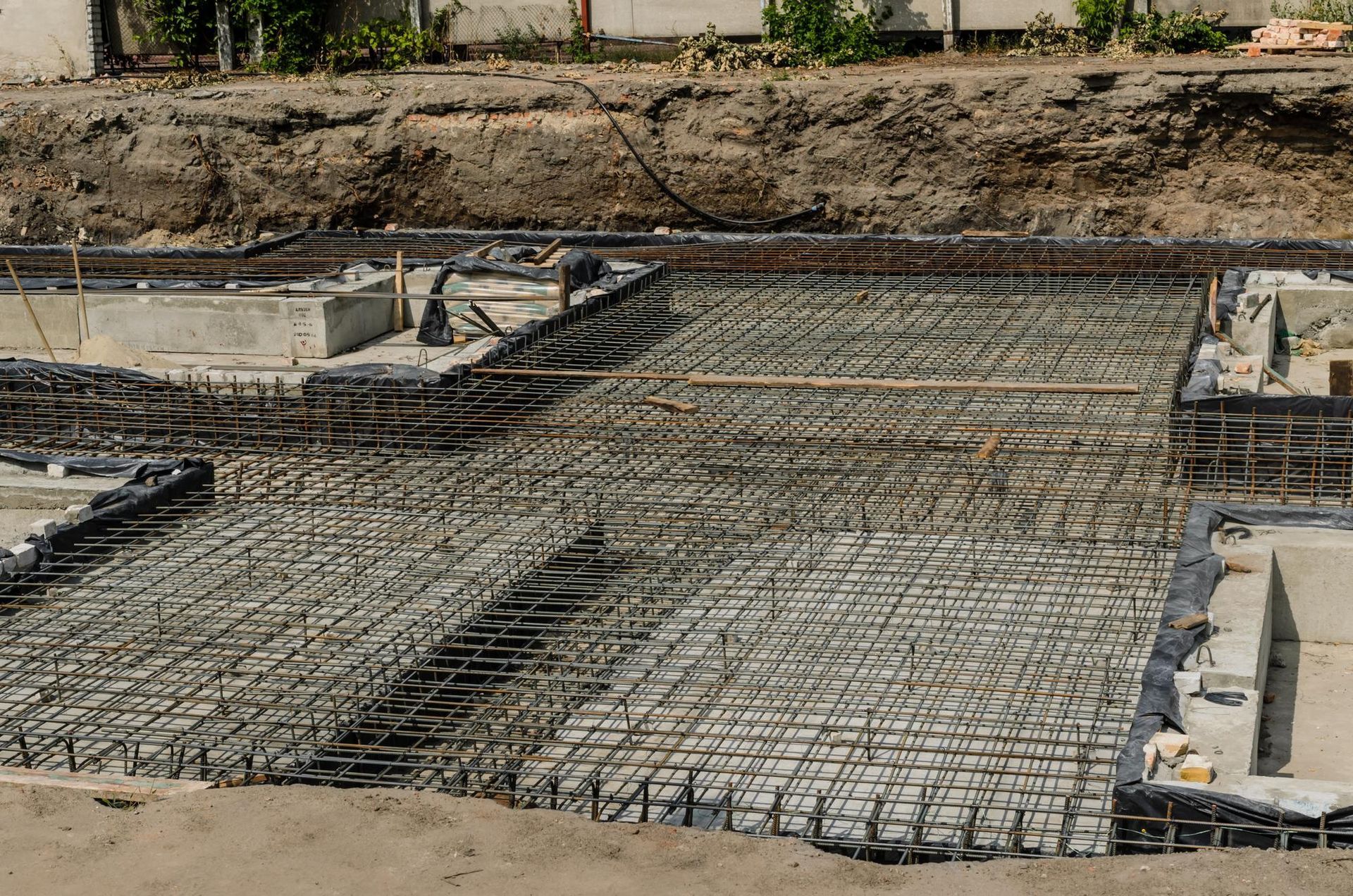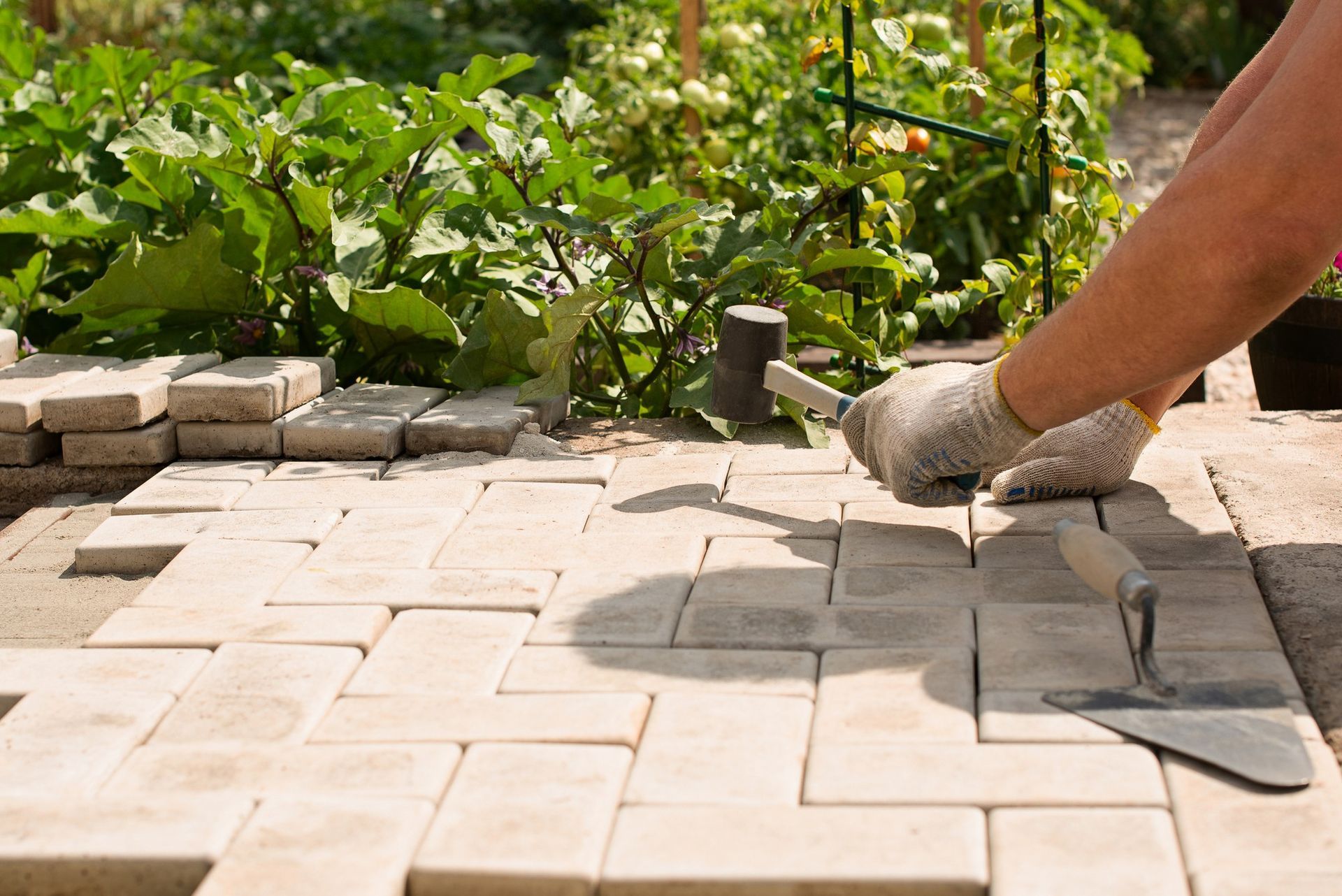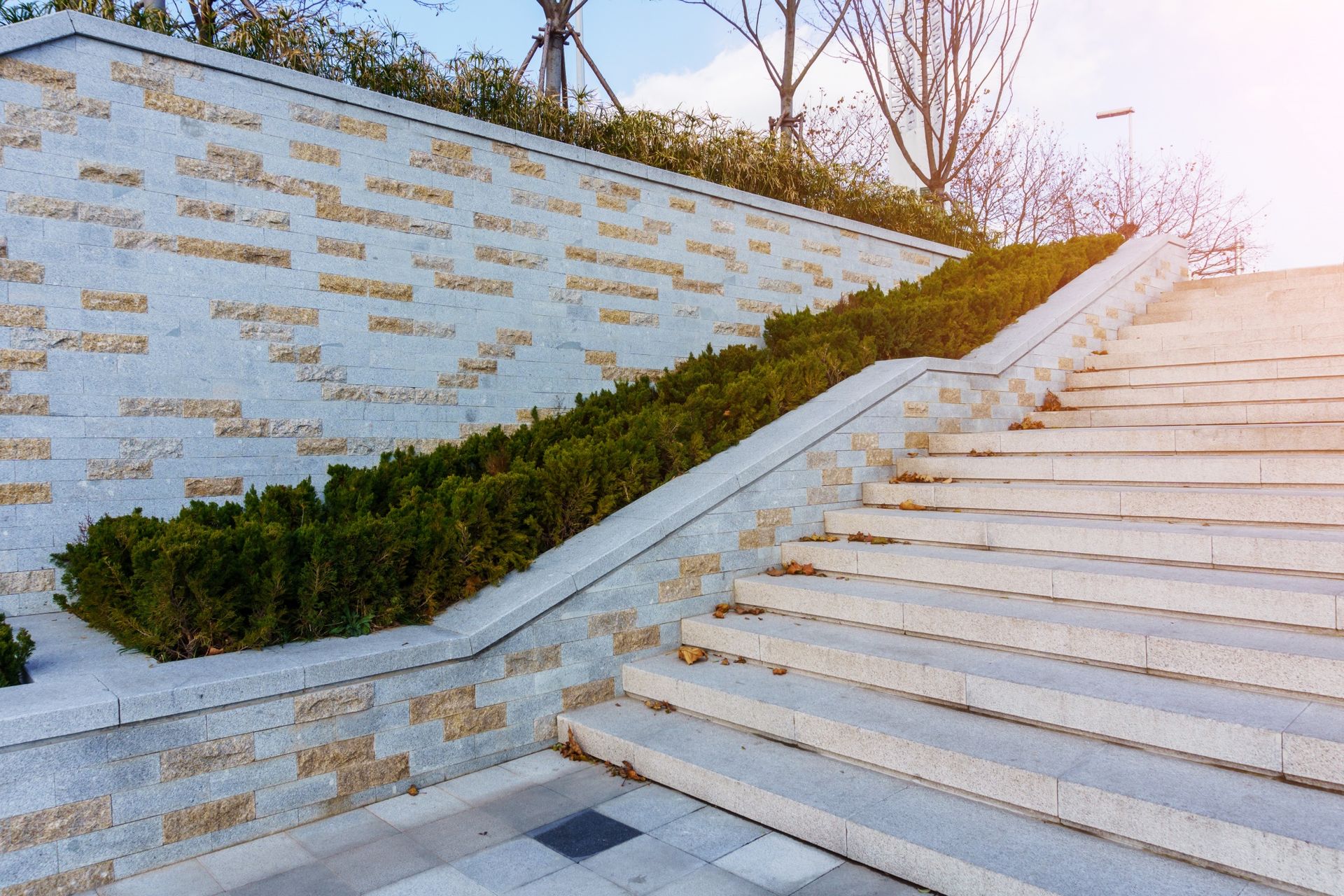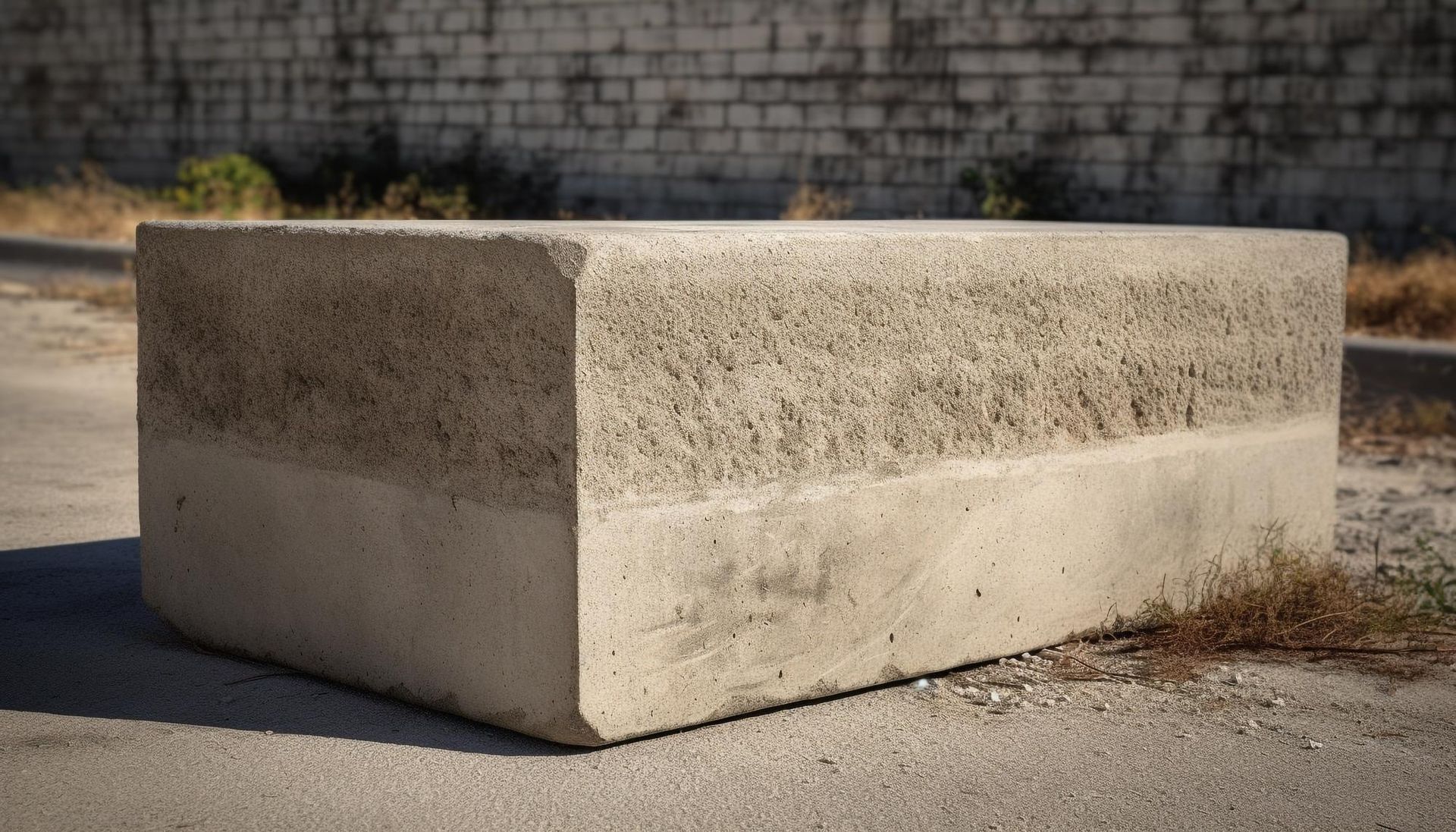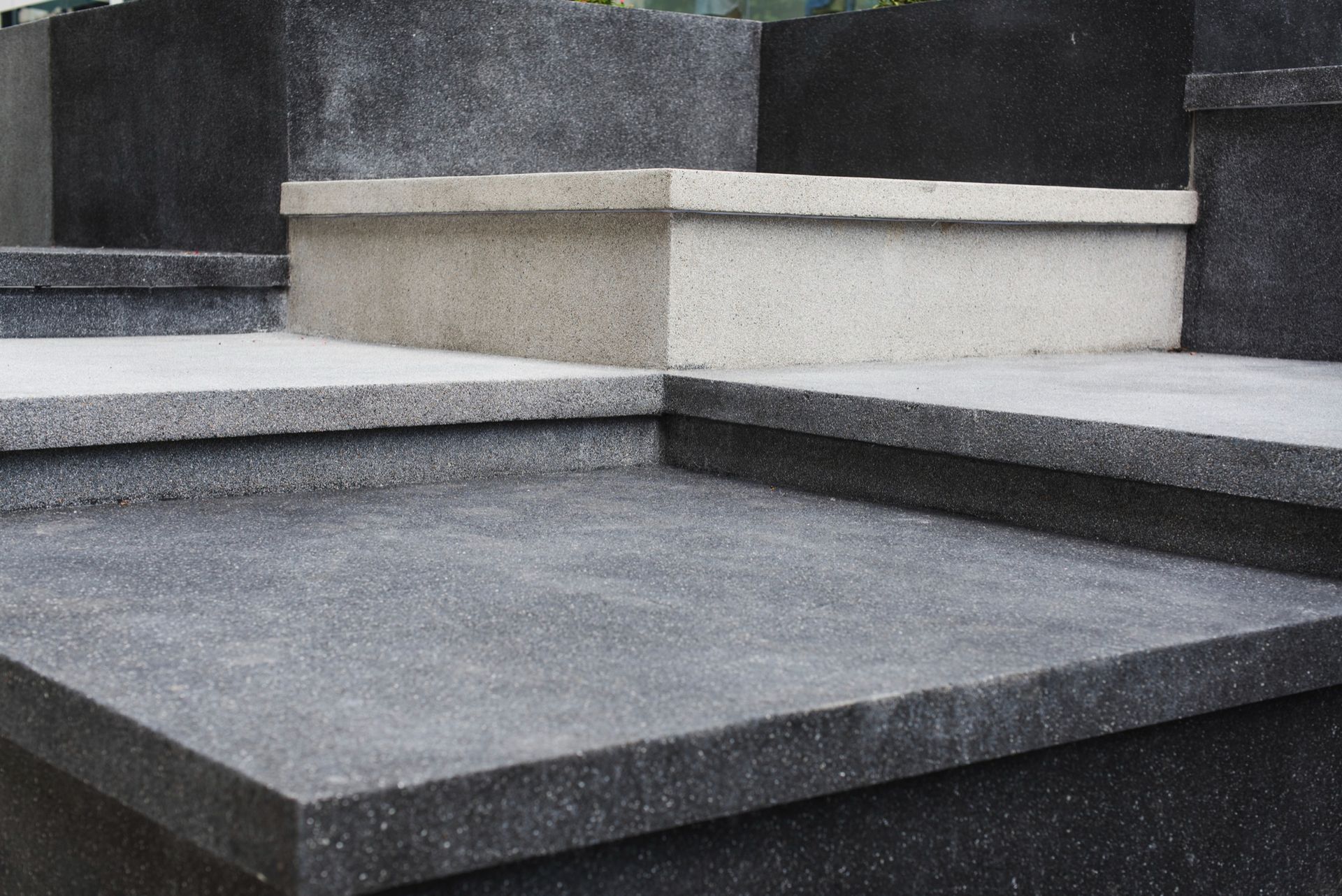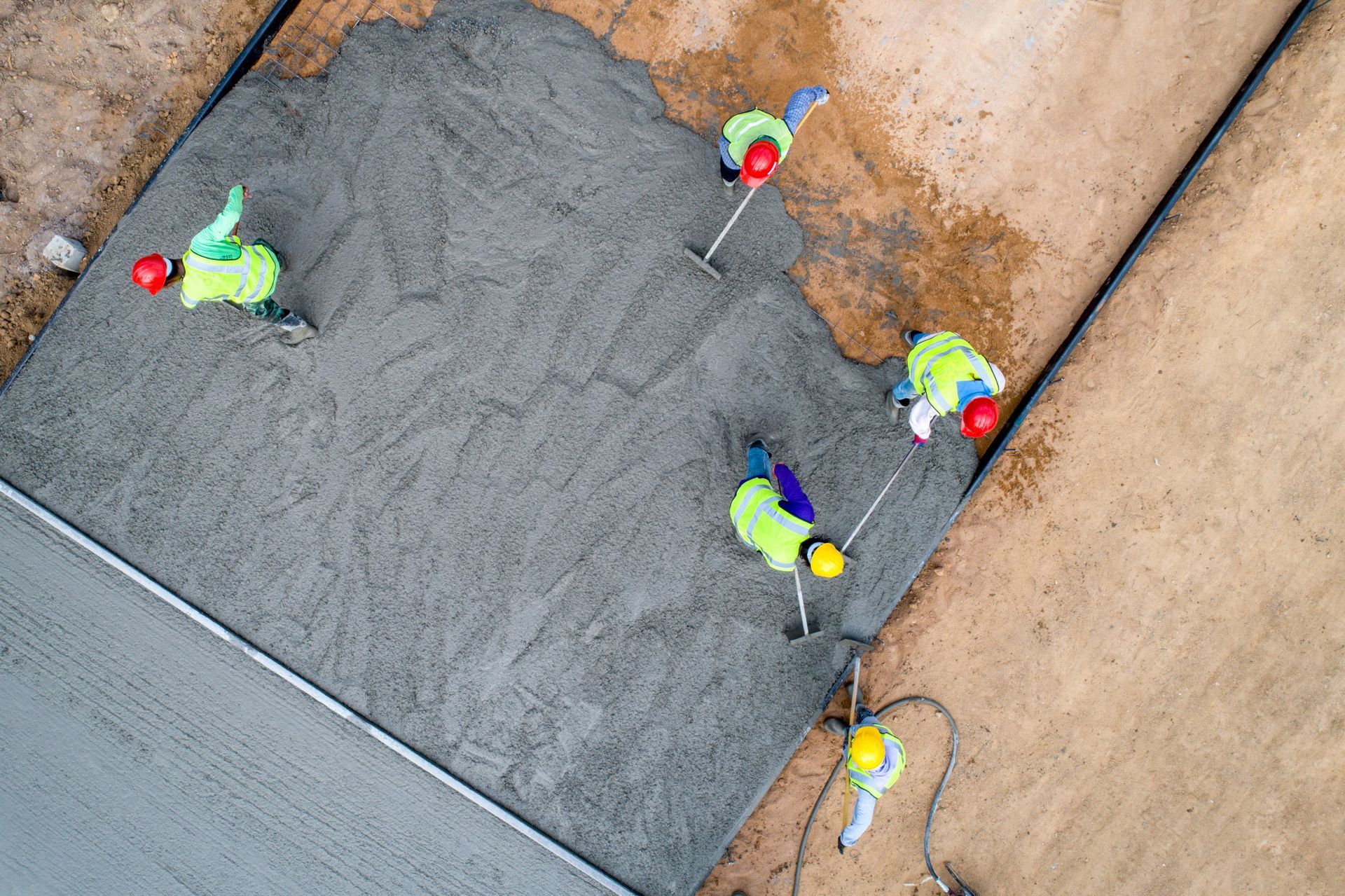Benefits of Professional Concrete Slab Installation
In the world of construction and landscaping, the foundation is everything. It's the bedrock upon which the integrity, durability, and aesthetic appeal of any structure or outdoor space is built. One of the most critical components of this foundation is the concrete slab, a ubiquitous feature in homes, commercial buildings, and public spaces. Concrete slab installation, when done professionally, can make all the difference in the longevity and resilience of structures. This article delves into the myriad benefits of professional concrete slab installation, shedding light on why cutting corners in this foundational phase can lead to regrettable consequences down the line.
Overview of Concrete Slabs
Concrete slabs form the backbone of modern construction. They serve as the sturdy base for flooring in buildings, the flat surfaces for driveways and patios, and the foundational layer for many other types of infrastructure. The process of concrete slab installation involves more than just pouring concrete into a designated area. It requires a precise mix of cement, water, sand, and aggregate, along with a thorough understanding of the environmental conditions and soil type where the slab is to be laid. Professional installers bring a level of technical knowledge and experience to the table that ensures each slab is perfectly suited to its intended purpose, be it supporting a family home or withstanding the traffic of a commercial driveway.
Durability and Longevity
The hallmark of a well-installed concrete slab is its durability. Professional concrete slab installation ensures that the mix is just right, the slab is properly reinforced with steel or fiber mesh, and the curing process is carefully monitored. These steps are crucial for preventing cracks, fissures, and other forms of wear and tear that can compromise the slab's integrity over time. A professionally installed slab can last decades, resisting the assaults of weather, heavy loads, and daily use. In contrast, a slab that's improperly installed may show signs of failure in just a few years, leading to costly repairs and replacements.
Professional Expertise and Quality Assurance
Concrete slab installation is not a task for the faint-hearted or inexperienced. It requires a deep understanding of the materials involved, the soil's characteristics, and the area's climate conditions. Professionals in the field bring years of experience and a wealth of knowledge, ensuring that each installation is optimized for its specific context. They are also well-versed in the local building codes and regulations, ensuring that every aspect of the installation is up to standard. This expertise translates into a quality assurance that DIY or amateur installations simply cannot match.
Cost-Effectiveness
At first glance, the idea of installing a concrete slab on your own might seem like a cost-saving measure. However, the long-term financial implications of a professionally installed concrete slab often paint a different picture. Professionals not only bring efficiency and expertise to the task but also the ability to foresee and mitigate potential problems that could incur significant costs down the line. Mistakes in the DIY installation process, such as improper curing or inadequate reinforcement, can lead to structural issues that are expensive to repair. In contrast, a professional installation, with its attention to detail and adherence to best practices, minimizes the need for costly repairs and maintenance, making it a more cost-effective choice over the lifespan of the slab.
Safety and Compliance
The importance of safety and regulatory compliance in concrete slab installation cannot be overstated. Professional installers are not only trained in safe handling and installation practices but are also familiar with the latest building codes and regulations. This knowledge ensures that every aspect of the installation process, from the mixing of the concrete to the final finishing, is conducted safely, minimizing the risk of accidents and injuries. Furthermore, compliance with local building codes is essential not just for the legality of the construction project but also for ensuring that the structure is safe and sound for its intended use. Professionals guarantee that the installation meets all necessary standards, providing peace of mind to property owners and avoiding potential legal complications.
Customization and Aesthetics
One of the remarkable aspects of concrete as a building material is its versatility. Professional concrete slab installation offers a wide range of customization options, allowing homeowners and builders to tailor the look and feel of their slabs to match their aesthetic preferences and functional requirements. Whether it's adding color, texture, or unique finishes, professionals can transform a standard concrete slab into a design feature that enhances the overall appeal of the space. This level of customization not only contributes to the visual appeal of the property but can also significantly increase its value, making professional installation a wise investment in the property's future.
Time Efficiency
Time is a precious commodity in construction projects, and delays can lead to escalated costs and frustration. This is where the efficiency of professional concrete slab installers becomes invaluable. Equipped with the right tools, knowledge, and experience, professional teams can complete installations swiftly and effectively, adhering to project timelines and ensuring that subsequent phases of the construction process can proceed without delay. In contrast, DIY installations can often become protracted due to unforeseen issues, lack of proper equipment, or the steep learning curve associated with concrete work. The time efficiency of professional installation not only keeps projects on track but also reduces the indirect costs associated with delays.
Warranty and Aftercare
One of the tangible benefits of professional concrete slab installation is the assurance of warranty and aftercare services. Reputable installers stand by their work, offering warranties that cover defects and issues that might arise post-installation. This warranty acts as a safety net for property owners, ensuring that any problems related to the installation are addressed without additional costs. Furthermore, professional installers often provide aftercare advice and services, helping homeowners maintain the integrity and appearance of their concrete slabs over time. This level of support is seldom available with DIY installations, making the professional route a more secure and reliable option.
This exploration into the benefits of professional concrete slab installation highlights the value, safety, and beauty that expert services bring to construction projects. Whether it's ensuring durability and compliance or enabling custom aesthetics, the advantages of entrusting this critical task to professionals are clear. As we continue to delve into the world of construction and landscaping, the emphasis on quality and expertise remains paramount, reinforcing the importance of choosing professional installation services for projects that stand the test of time.
Case Studies/Examples
To further illustrate the benefits of professional concrete slab installation, let's examine a few real-world examples:
Residential Patio Transformation: In a suburban neighborhood, a family wished to extend their living space outdoors with a new patio. Opting for professional installation, they were able to customize the concrete slab with a stamped texture and a color that complemented their home's exterior. The project was completed efficiently, and the result was a durable, beautiful outdoor area that increased the property's value and the family's quality of life.
Commercial Driveway Upgrade: A small business faced issues with their crumbling, old asphalt driveway that was deterring customers. They hired a professional
concrete installation team, which replaced the old material with a reinforced concrete slab designed to handle heavy traffic. The new driveway was not only more appealing but also required minimal maintenance, providing long-term savings and improved access for customers.
Community Park Pathways: A community initiative to renovate local park pathways involved replacing uneven, unsafe surfaces with smooth,
durable concrete slabs. Professional installers were tasked with the project, ensuring that the new paths were compliant with safety standards and accessible to everyone, including those with mobility challenges. The project significantly enhanced the park's usability and aesthetics, contributing to increased community engagement and enjoyment.
These examples showcase the versatility, durability, and added value that professional concrete slab installation brings to various projects, from enhancing personal living spaces to upgrading commercial properties and public amenities.
Sustainability Considerations
In today's environmentally conscious world, the sustainability of construction practices is increasingly important. Professional concrete slab installers are adept at incorporating eco-friendly practices into their projects. This includes using sustainable materials, minimizing waste, and employing techniques that reduce the environmental impact of the installation process. For instance, professionals might use recycled concrete aggregate in the mix or choose locally sourced materials to reduce the carbon footprint associated with transportation. By prioritizing sustainability, professional installations not only benefit the immediate project but also contribute to broader environmental conservation efforts.
Conclusion
The decision to invest in professional concrete slab installation is a testament to a commitment to quality, durability, and value. As we've explored, the benefits of such an investment extend far beyond the immediate aesthetics and functionality of the slab. From ensuring safety and compliance to embracing sustainability, we at Bri-Mic Construction, Inc. bring a level of expertise and care that is unmatched. Whether it's for a residential patio, a commercial driveway, or a community project, we understand that professional concrete slab installation stands as the cornerstone of successful, enduring construction projects.
In conclusion, while the temptation to save costs through DIY methods may be strong, the long-term benefits of professional installation make it a wise investment. For those planning their next construction project in North Collins, NY, and surrounding areas, considering professional concrete slab installation with Bri-Mic Construction, Inc. is a step towards achieving a blend of aesthetic appeal, structural integrity, and environmental responsibility. We invite you to experience the difference that professional care can make in your next project. Reach out to us at
716-337-0500 to discuss how we can bring our expertise to your construction needs.

